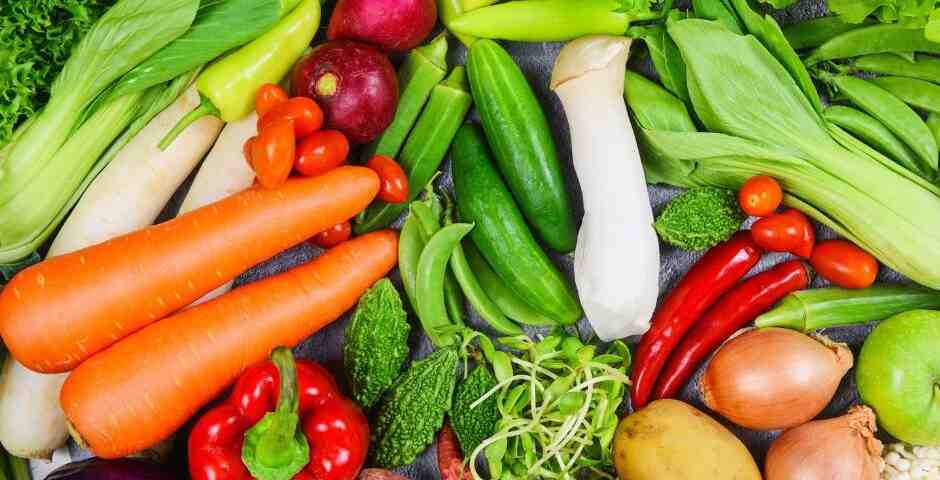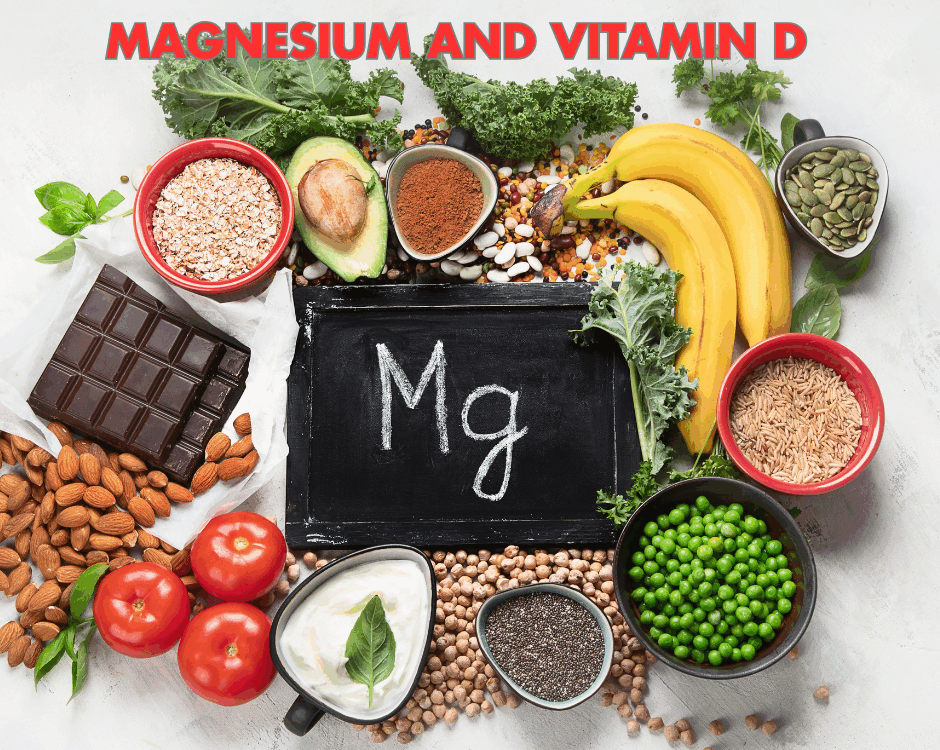Which Produce has the Most Pesticides?

10 Essential Vehicle Checks Before you Hit the Road for Spring Break
April 1, 2024
What to do if Your Rideshare Driver is in an Accident?
April 1, 2024Produce with the Most Pesticides
In today’s health-conscious world, we often hear about the importance of incorporating fruits and vegetables into our diets. However, not all produce is created equal when it comes to pesticide exposure. The Environmental Working Group (EWG) has released its 2024 guide to pesticides in produce, shedding light again on the most pesticide-pierced fruits and vegetables, known as the “Dirty Dozen.” Dr. Aaron Workman, a member of one of the highest rated auto injury medical care groups in Kentucky, discusses produce with the most pesticides. This has been an interesting list Dr. Workman has followed over the years and it helps in focusing on certain produce that needs washing more thoroughly.
- What Is the Dirty Dozen?
The Dirty Dozen comprises the 12 non-organic fruits and vegetables found to have the highest pesticide residues. These residues pose potential health risks, making it crucial for consumers to be aware of which produce items are on this list. These are the items you want to thoroughly wash.
- What is the Big Deal?
Among the pesticides detected on the Dirty Dozen, fungicides are the most prevalent. Fludioxonil, pyraclostrobin, boscalid, and pyrimethanil are among the top fungicides found. These chemicals are used to prevent or kill fungal diseases but could have adverse effects on human health.
- How Common?
According to this year’s analysis, 75 percent of all conventional fresh produce sampled contained residues of pesticides. The items on this list had 95 percent of samples with pesticides. This should give you a picture of how large the pesticide residue issue is.
- Most Contaminated Produce
The 2024 list includes strawberries, spinach, kale, collard and mustard greens, grapes, peaches, pears, nectarines, apples, bell and hot peppers, cherries, and blueberries. These items were found to be the most contaminated and unfortunately some of my favorites.
- Understanding the Risks
While eating fruits and vegetables is essential for health, it is important to be aware of potential pesticide exposure. Choosing organic versions of items on the Dirty Dozen can help reduce pesticide intake. If organic is not an option, then take extra care to wash.
In the end, this list allows us to make better decisions. The produce found this year is similar to previous years. If you decide to check the list each year, you will have a great reminder of where to spend your money. If you have produce you want to buy organically make sure you have these covered. By making informed choices, you can better prioritize your health and dietary decisions.
— This article is written by Aaron Workman, DC, one of the members of Chambers Medical Group’s team of car accident chiropractors who offer a variety of treatments and therapies ranging from diagnostic testing to various soft tissue therapies for car accidents and injuries in Kentucky.
- Car Accident Medical Clinic in Tampa
- Car Accident Medical Clinic in Plant City
- Car Accident Medical Clinic in Brandon
- Car Accident Medical Clinic in Lakeland
- Car Accident Medical Clinic in Sarasota
- Car Accident Medical Clinic in Louisville
- Car Accident Medical Clinic in Lexington
- Car Accident Medical Clinic in Florence




